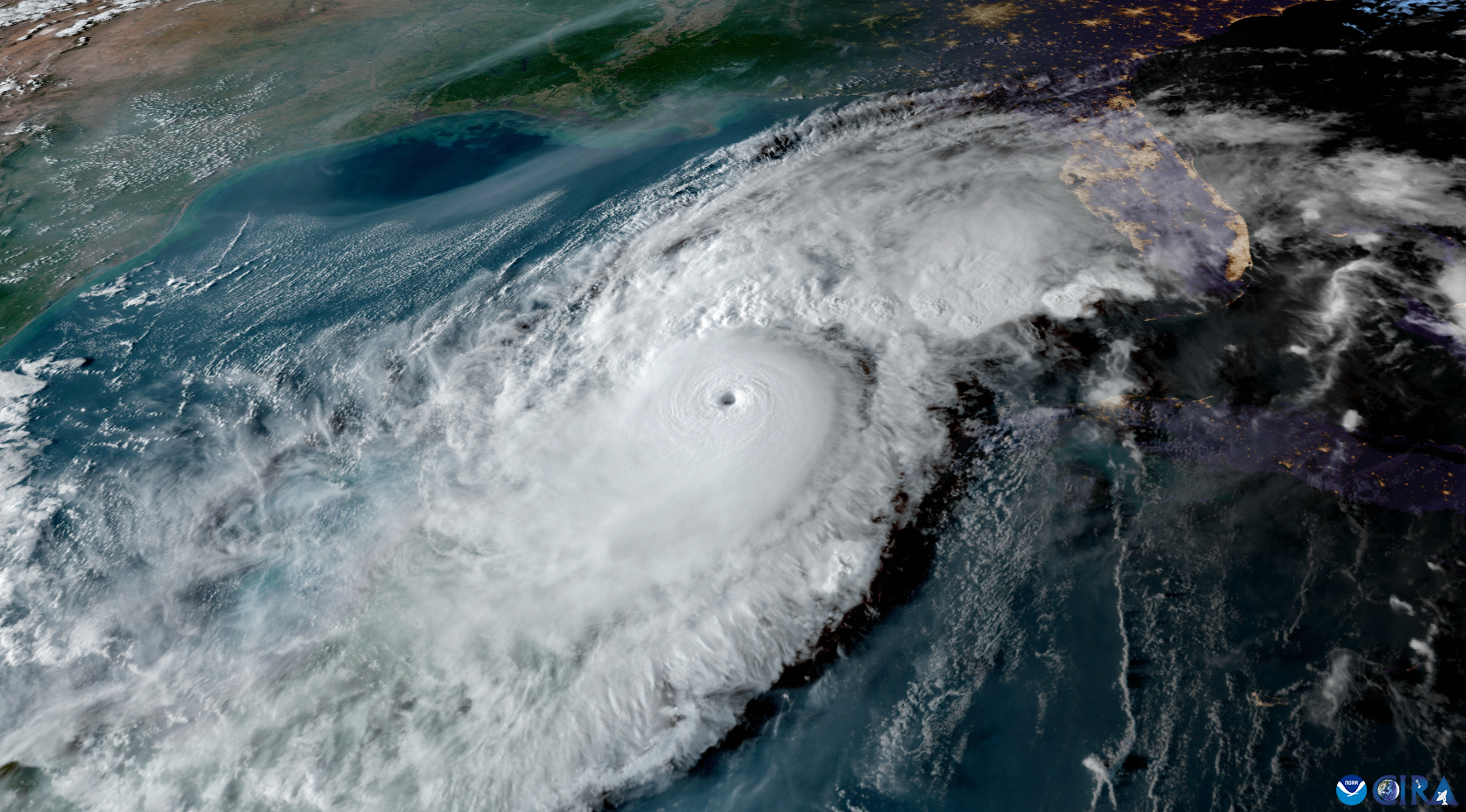If you’re in the business of selling or manufacturing alcohol, you’re probably already aware of the necessity of Liquor Liability Insurance. You’ll need a specific policy to provide this coverage because a typical General Liability policy contains a Liquor Liability Exclusion. Typical General Liability policies do provide what is referred to as “Host Liquor Liability” coverage, so If you are a business that has a company picnic where beer is served, you wouldn’t need to purchase Liquor Liability Insurance because this type of activity is normally covered under a General Liability policy.
However, companies that sell or manufacture alcohol as part of their business can be liable for injuries and fatalities that result from the use of alcohol. In many of the worst cases, these claims are a result of drunken driving accidents. However, there are other risks, such as assault and battery claims and bodily injury claims, for these establishments. If you’re an alcohol manufacturer, you can be held liable for physical problems that arise from alcohol abuse.
Dram Shop Liability law in most states is very punitive toward businesses that serve alcohol. Even if you have the insurance coverage you need, there is always a risk that someone will be injured as a result of consuming alcohol at your bar or restaurant. To get the broadest coverages and lowest insurance rates, following best practices as they relate to risk management is critical.
Liquor Liability Risk Management Strategies
You own a bar that’s a popular spot on Saturday nights. A patron comes in on Sunday morning claiming someone that left your establishment last night was killed, or killed someone else, in an auto accident. Was this person drunk? Were they drunk when they entered your establishment, or did the bartender overserve them? Was this accident the result of drinking at all?
This a situation you should be planning for and thinking about before an incident ever occurs. While accidents are never completely preventable, there are liquor liability risk management strategies you can implement to mitigate the risk someone will be injured as result of visiting your establishment.
Provide training and education for staff.
The most effective way to manage risk in your business is to be sure your staff is adequately trained. A bartender or server should know when a patron has consumed too much alcohol and when to stop serving them. Staff should also be wary of patrons that enter the bar already intoxicated. Even if your bartender serves the patron only one drink, there is still a good chance you will be held accountable if this person is involved in an accident after leaving your bar. Nationally recognized training and certification programs, such as TIPS® (Training for Intervention Procedures) and ServSafe®, are not only useful, they may be required by any insurer willing to provide insurance coverage.
In addition to training programs, be sure to hang posters and display information regarding alcohol consumption and risk management liability in an area where they are visible to all employees.
Dial back on your happy hour deals.
While a five-tequila-shots-for-$5 deal may bring in the crowds, this sort of happy hour special makes insurance companies wary of insuring your business. Specials that encourage dangerous drinking can be incredibly risky for you and your patrons, and it’s recommended you limit them. Plaintiff attorneys invariably seize on the presence of such programs to try and demonstrate that alcohol service at a given establishment was reckless and encouraged overserving.
Keep thorough records.
In the event an incident occurs, you’ll need reliable record-keeping — you’ll need to know what time the person(s) involved in the incident came and left your business, what time the person(s) was served, and who served them. Be sure your surveillance camera footage is clear and reliable. Furthermore, if you hear about an incident in your business, confront the issue right away rather than hoping it will resolve itself. If someone takes legal action against you six months from now, all your witnesses may be unidentifiable and less credible. Better to investigate and memorialize the circumstances than to be served with a suit two years later and have no record of what occurred.
Protecting Your Business
There’s an incredible amount of liability when a business is serving alcohol. While it’s a given your business must be insured through a Liquor Liability Insurance policy, it’s not always obvious what your business should be doing to mitigate risk in the first place. Meet with your broker to discuss best practices as they relate to risk management in your business to ensure the safety of your patrons and employees.

Philadelphia, PA, 19102







EB.jpg)